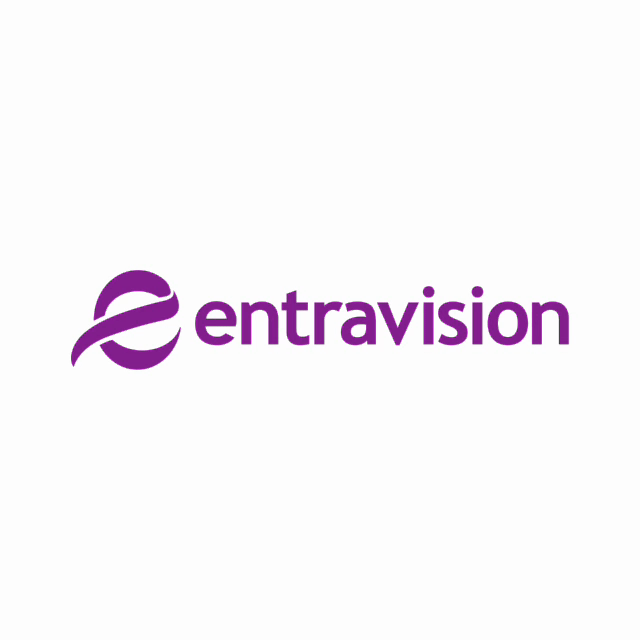Job Candidates both hurt and helped by Social Networks.
August 14, 2009
Blurring the line between professional and private
Most social network users have heard of the consequences of having an unprofessional profile page, and know potential employers might look them up online.
A summer 2009 survey conducted by Harris Interactive for CareerBuilder.com found that 45% of US human resources professionals used social networks to research job candidates at least occasionally.
Respondents were most likely to use search engines such as Yahoo! or Google to check out job candidates online (41%), followed by Facebook (29%) and LinkedIn (26%).
The findings were more likely to get candidates rejected than hired: 35% of HR professionals said social networking content had caused them to eliminate a candidate, while only 18% reported deciding to employ someone based on a profile.
The top reasons for rejection were, unsurprisingly, “provocative or inappropriate photographs or information” (53%) and information about drinking or using drugs (44%). But job candidates were also hurt by negative postings about their previous employers, poor communication skills, discriminatory remarks and other faux pas.
On the other side of the coin, HR professionals also reported hiring a candidate because a profile page gave them a positive look into the individual’s personality, or because the profile was professional, creative or showed off the candidate’s skills.
Many social network users feel uncomfortable with the way online profiles can blur the line between personal life and work, and guard their privacy to avoid being seen as inappropriate or unprofessional.
In August 2009, blogger Marylene Delbourg-Delphis conducted an informal poll, asking what people would do if they were asked to pull up their Facebook page during a job interview. More than one-half of her admittedly self-selected respondents (55%) said they would ask why before agreeing to show their profile. Another 25.4% said they would refuse and 8% said they would simply walk out of the interview, showing how touchy the subject can be. Just 11.7% of respondents would willingly reveal their profile.
While the data should only be used for directional purposes, Ms. Delbourg-Delphis wrote on the Grade A Entrepreneurs blog that “there could be a real discrepancy between the workforce’s state of mind and the companies’ hiring practices.” And her commenters expressed concern that social network profiles often reveal information that is off-limits in a job interview, such as a candidate’s religion, political preferences or marital status.
Courtesy of http://www.emarketer.com



























